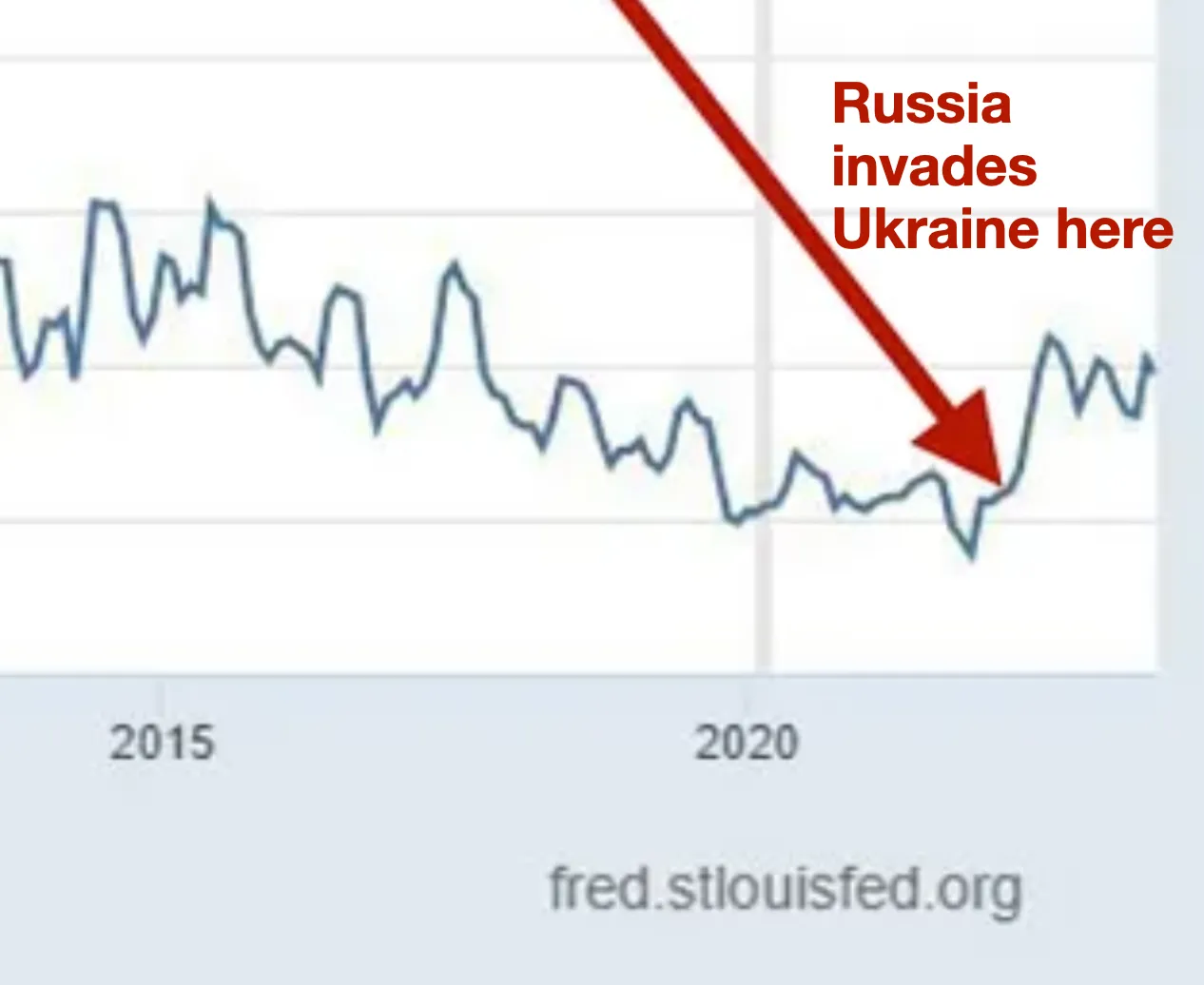The January 2026 cold snap, "Winter Storm Fern,"was unprecedented in both its severity but also in its size. It that blanketed two-thirds of the US causing considerable stress on the market for natural gas. While the media often focuses on surging heating demand during these events, the historic price spike was equally driven by a leftward shift in the supply. Due to plummeting temperatures, the industry faced record-setting "freeze-offs" where water in the gas stream freezes and physically blocks wellheads. Even though demand increased, gas production fell from a pre-storm average of 108 Bcf/d to a of 95.8 Bcf/d. This 12% contraction in total output meant supply shifted leftward by more than demand shifted rightward. Just as the market required more fuel, less was being produced. Both shifts created a deficit that could not be reconciled through normal operational adjustments.

Market equilibrium would have to be achieved by moving up along a near vertical demand curve to an extreme price point to clear. While the American Gas Association (AGA) noted that demand hit an all-time 7-day high, the scarcity was compounded by the fact that roughly 18.1 Bcf/d of expected production simply vanished from the grid. The result was that the spot price surged in some locations by over 1,000%, with the national average more than doubling to over $7/MMBtu over the typical of around $3/MMBtu. A total system collapse was prevented by the rapid withdrawal of 360 a record Bcf from storage. The price was not merely a reflection of high usage, but also included a scarcity premium.




